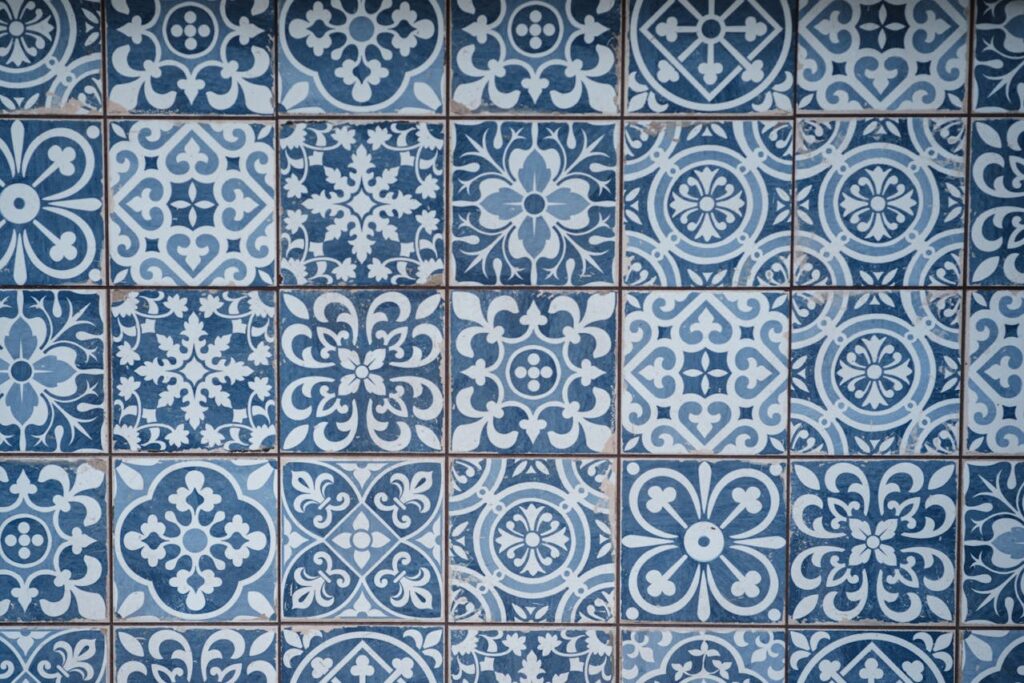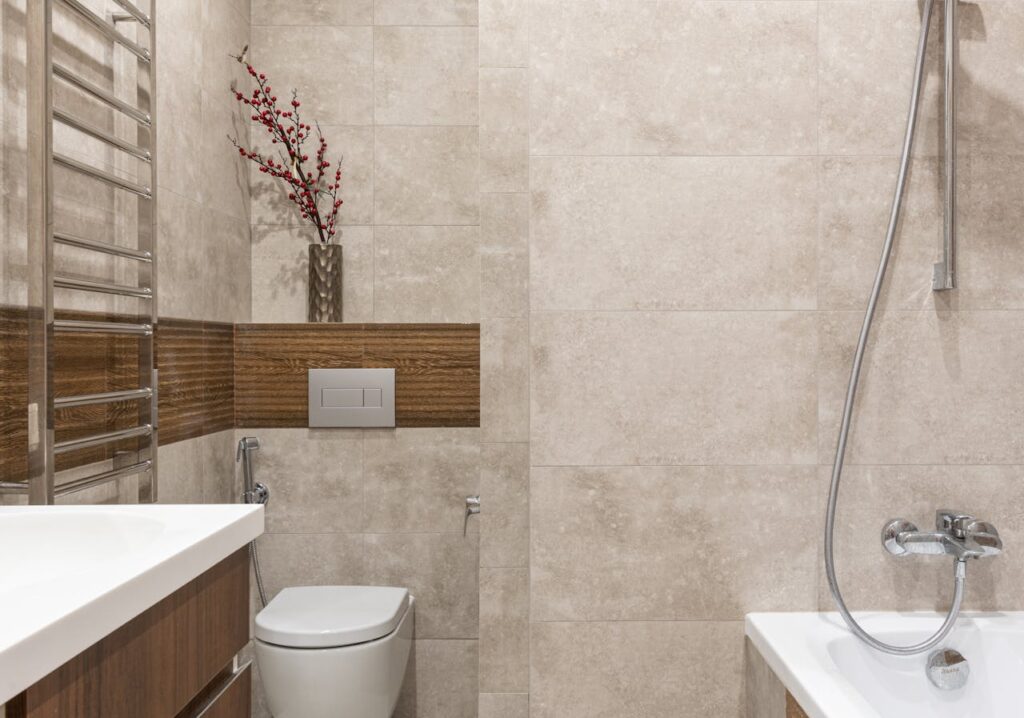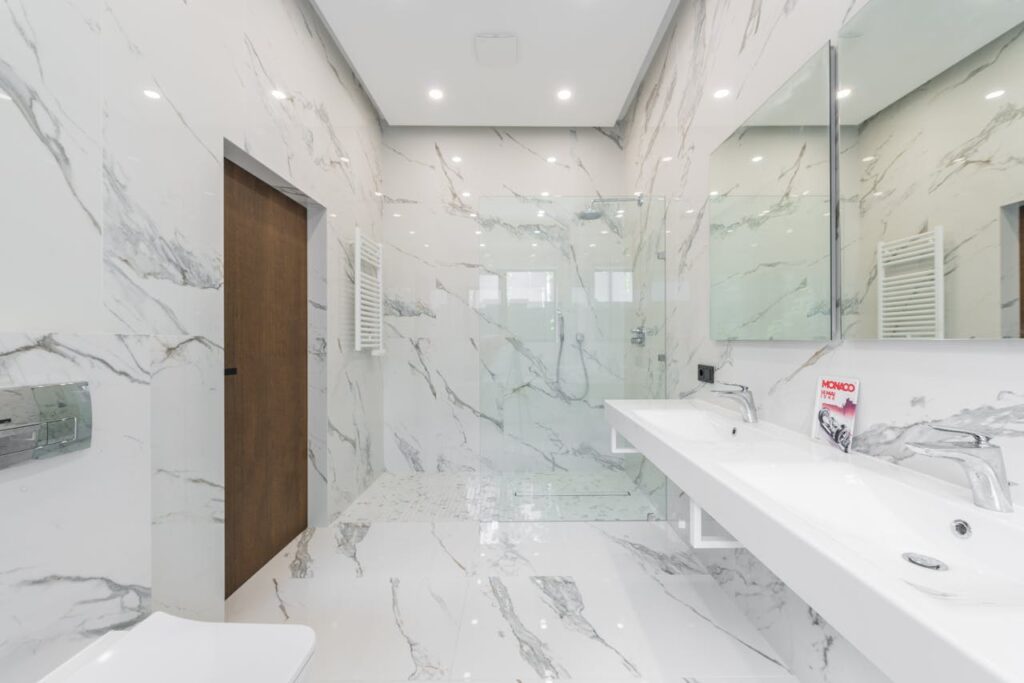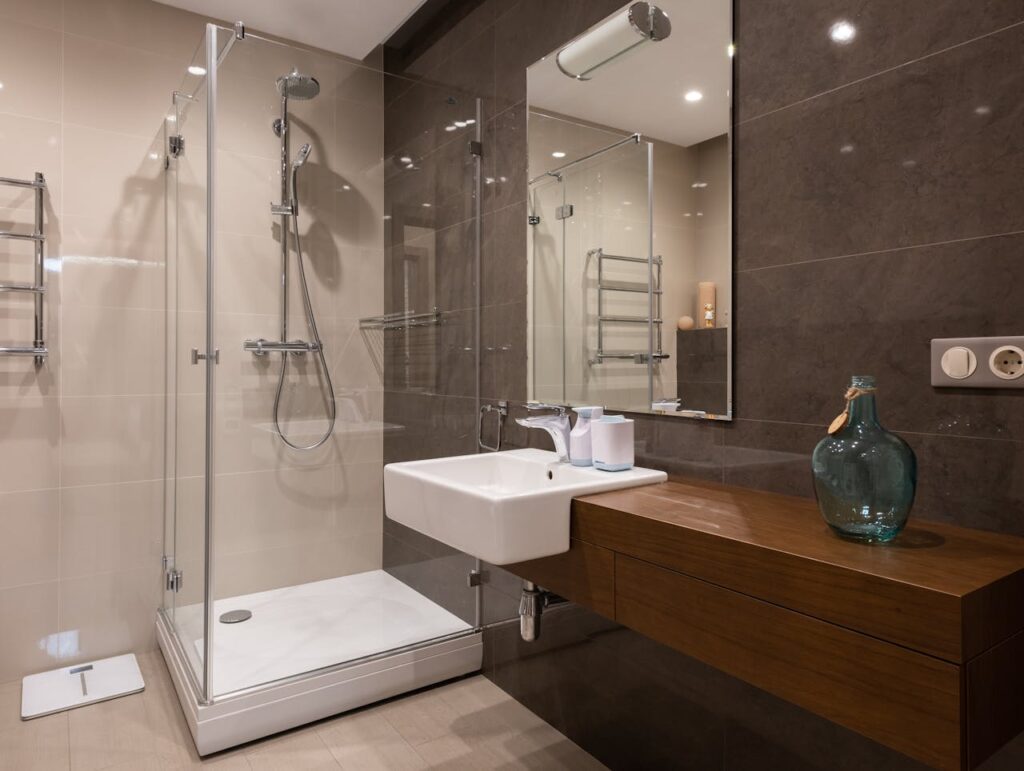Table of Contents
- Introduction
- Why Asking the Right Questions Matters
- Are You Licensed and Certified?
- How Much Experience Do You Have?
- Can You Provide a Portfolio of Past Work?
- Do You Offer a Warranty or After-Service?
- What Is the Estimated Project Timeline?
- How Do You Handle Unexpected Issues?
- Can You Provide a Detailed Quote?
- What Type of Tiles Do You Recommend?
- Conclusion
Introduction
Tiling is a critical component of both residential and commercial renovations in Singapore. It affects not only the visual appeal of a space but also its functionality, durability, and long-term maintenance requirements. Hiring the right tiling contractor ensures that tiles are installed correctly, preventing costly errors and prolonging the lifespan of the surface. This guide explores essential questions to ask before hiring a tiling contractor, helping homeowners and business owners make informed decisions.

Why Asking the Right Questions Matters
Asking the right questions is crucial to ensure:
- Quality Workmanship: Proper installation reduces the risk of cracking, uneven surfaces, and other common issues.
- Cost Efficiency: Transparent pricing and planning prevent unexpected expenses.
- Timely Completion: Clear communication regarding timelines ensures projects are completed on schedule.
- Long-Term Durability: Professional advice helps select the right materials for the space.
Informed questioning helps you assess the contractor’s expertise, professionalism, and suitability for your project.
Are You Licensed and Certified?
Licensing and certification indicate a contractor’s credibility and compliance with Singapore’s construction standards:
- Verify registration with the Building and Construction Authority (BCA) or other relevant authorities.
- Ensure the contractor has specialized training in tiling, waterproofing, and safety protocols.
- Licensed contractors are more likely to adhere to industry best practices and deliver reliable results.
A licensed contractor reduces the risk of substandard workmanship and potential legal issues.
How Much Experience Do You Have?
Experience demonstrates skill and familiarity with various tiling challenges:
- Ask how many years they have been operating in the tiling industry.
- Inquire about experience with specific tile types, layouts, and project sizes.
- Experienced contractors can anticipate potential problems and implement effective solutions.
Experience ensures efficient, high-quality installations and reduces the likelihood of errors.
Can You Provide a Portfolio of Past Work?
A portfolio showcases the contractor’s capabilities:
- Request photographs or videos of completed projects similar to your needs.
- Look for quality, consistency, and attention to detail in past installations.
- Client testimonials can provide insight into reliability, communication, and professionalism.
Reviewing past work helps homeowners visualize potential outcomes and build confidence in the contractor.
Do You Offer a Warranty or After-Service?
Warranties protect your investment and provide peace of mind:
- Clarify the duration and coverage of warranties for labor and materials.
- Understand the process for reporting issues and obtaining repairs or replacements.
- Contractors who provide after-service demonstrate accountability and professionalism.
A comprehensive warranty ensures that any installation issues can be addressed without additional cost.
What Is the Estimated Project Timeline?
Knowing the timeline prevents delays and scheduling conflicts:
- Request a start and completion date along with milestones for key phases.
- Discuss factors that might extend the timeline, such as material availability or unforeseen challenges.
- Confirm the contractor’s capacity to handle your project within the agreed schedule.
A clear timeline ensures smooth project management and minimizes disruption.
How Do You Handle Unexpected Issues?
Even well-planned projects can encounter challenges:
- Ask how the contractor manages problems like uneven surfaces or tile defects.
- Ensure they provide timely communication about additional costs or adjustments.
- Professional contractors implement solutions proactively to maintain quality and schedule.
A contractor’s problem-solving approach reflects their experience and reliability.
Can You Provide a Detailed Quote?
Transparent quotes help avoid hidden costs:
- Request a breakdown of labor, materials, preparation, and finishing work.
- Confirm how additional costs or changes are handled.
- Compare quotes from multiple contractors to gauge market rates and value.
A detailed quote ensures budget clarity and prevents surprises during the project.
What Type of Tiles Do You Recommend?
Professional advice on tile selection impacts durability and aesthetics:
- Discuss tile material, size, finish, and suitability for your space.
- Consider factors like moisture exposure, foot traffic, and maintenance requirements.
- A knowledgeable contractor balances style with functionality for optimal results.
Proper tile selection ensures long-lasting performance and complements the interior design.
Conclusion
Hiring a tiling contractor in Singapore requires careful evaluation to ensure quality, durability, and value. Asking key questions about licensing, experience, portfolios, warranties, timelines, problem-solving, quotes, and tile recommendations allows homeowners and business owners to make informed choices. By selecting a professional contractor, you can achieve beautifully installed, long-lasting tiles while avoiding common pitfalls, saving both time and money.





